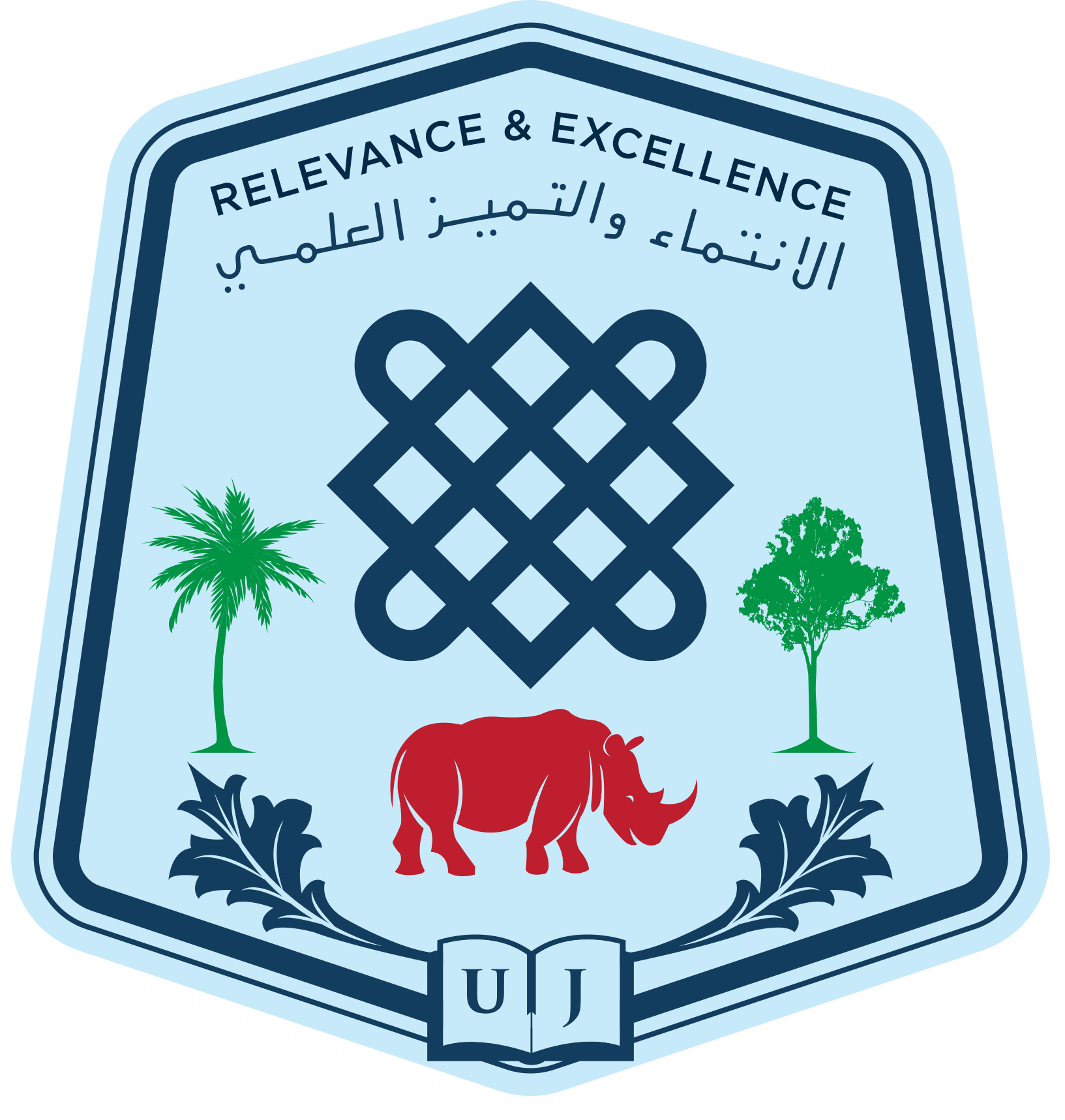Jacob Dut Chol Riak, PhD.
Abstract
Institutions have surfaced as engine of any government. While the government is the product of the state, it must be driven by the engine and in this case, the engine is the institutions and more specifically, political institutions. Building up from the work of John R. Common (2002) and Gabriel Almond (2007), institutions remain critical for effective functioning of the state and government. The study argues institutions as rules, procedures, policies, laws, regulations and systems that work in constraint in any given polity. The study surveys political institutions and particularly, political systems such as parliamentary, presidential and hybrid (mixed) using various global case studies. These three political systems were tested through empirical literature and each was found to have merits and demerits. Although any country can pick up any political system, it must be born in mind that the chosen political system must be contextual and environmentally relevant to that particular society. While the study appreciates the existing of political institutions, it argues that the working of such political institutions become paramount. Although the institutions must be effective and deliver require services, they must be driven by strong individuals. Having no established institution is bad. However, having established weak institutions is worse and above all, having strong institutions without strong individuals is a disaster to any state and government. After critica scrutiny of the global experience, the study concludes that institutions must be established, a culture to respect these institutions must be inculcated to the elites and for the institutions to produce good results, they must be run by strong and competent individuals with the highest integrity in that particular country.
Download the PDF File Understanding Political Institutions oF Governments: A Global Reflections
